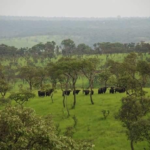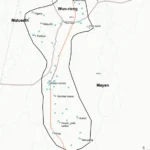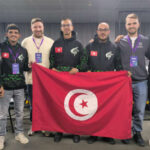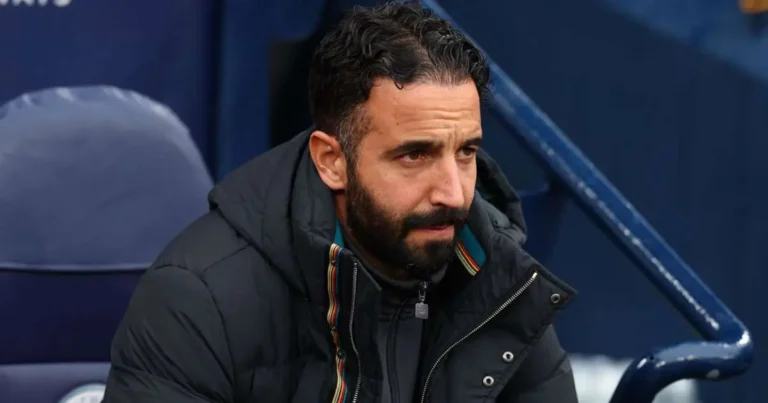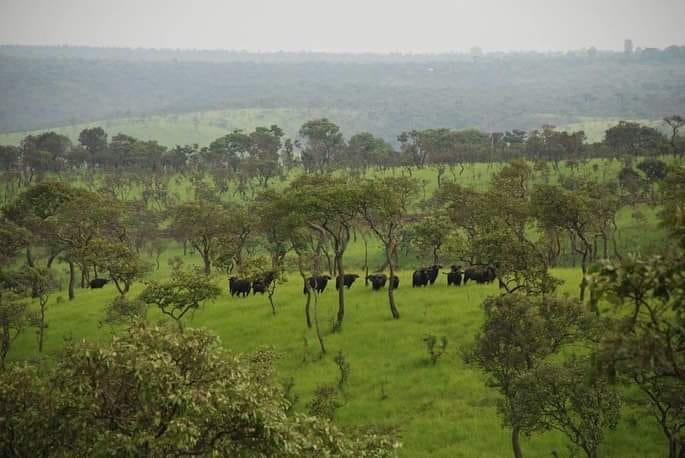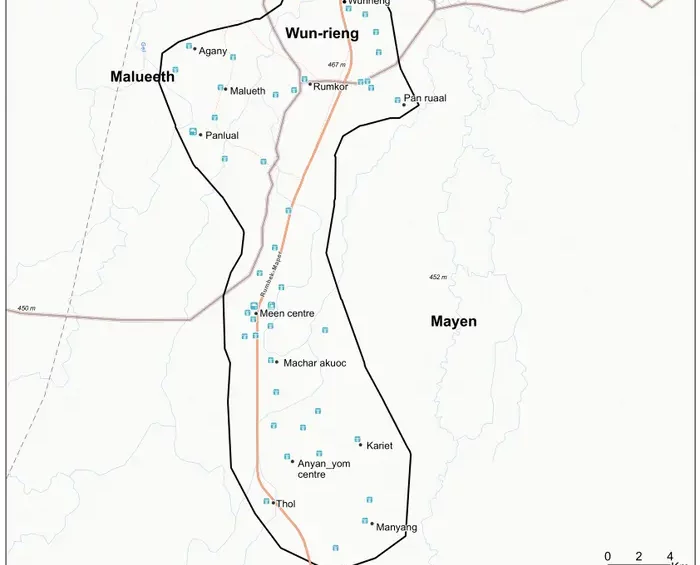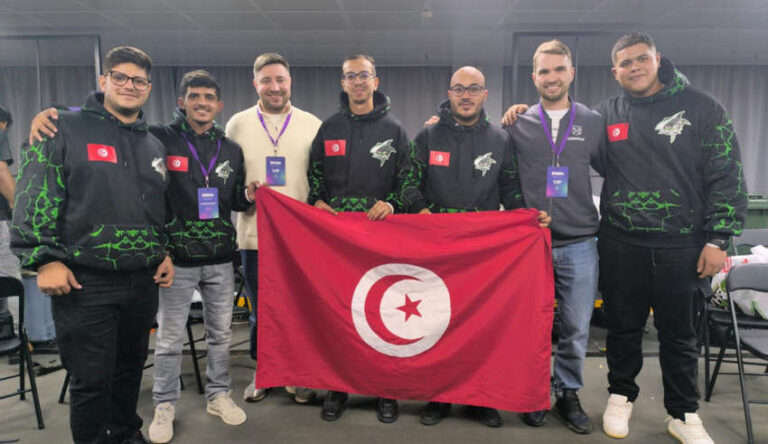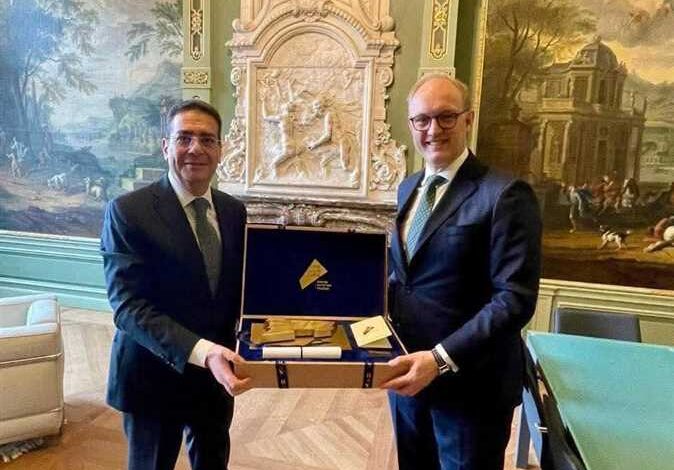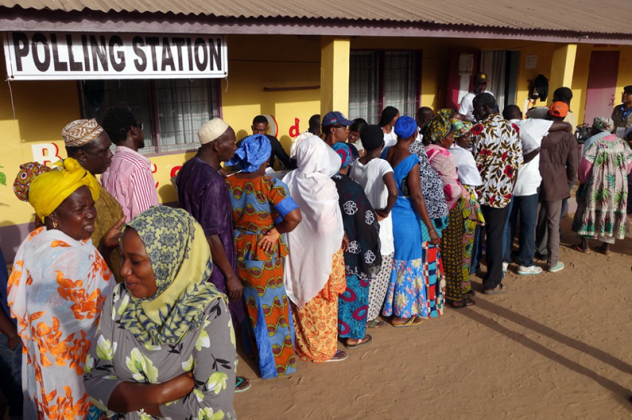
– Advertisement –
Dr Elhajj Badara Alioune F Taal
Delray Beach, Florida, US
The Gambia is positioning itself for another presidential elections in 2026 and all parties are sending their individual jabs at each other strategically to secure the presidency. One wonders how the result of the 2026 presidential elections will pan out at the end. Is it going to be the incumbent or is The Gambia and the citizenry looking to be rewarded with a new leadership for the next five years of its young democracy?
If one is not familiar with the political landscape of The Gambia, one might easily conclude that there are only two parties contesting for the presidency in 2026. This scenario exposes the lack of leadership skills of the flag bearers of the two parties. This is the opportunity for each of them to show maturity and exhibit to the common people, their identities as leaders. All that are being played out to the people they intend to lead are bickering and temper tantrum, like kindergarten kids in the playground. This is an opportunity for each of them to lay out plans for the future of the people, the youths, students, entrepreneurs, market people, job creation, and the big promise to change their plights. All this time is spent on insults and jabs at each other and if the masses were knowledgeable about civic education, they would notice that both leaders are egoists and not fit to cater to the needs of the people they are seeking to lead.
– Advertisement –
The Gambia belongs to all of us, and nobody can claim more of it than the rest of us especially the voters. The citizens should divorce themselves from voting for someone just because they like him, or their parents love him, and that they will vote for the individual till death do them apart. These are the so-called die-hard supporters, party loyalists, and if you look around their daily lives, the struggle is alive and well – living below their means to feed families. How many watermelon slices can one sell at the street corners to build a house, or purchase a bicycle, or pay for school fees, or provide transportation to school and lunch?
Let me make one thing clear, and that is, the model of democracy as practiced in the West does not work for the continent and The Gambia in particular. Let us go back in history and evaluate democracy in The Gambia and account for the developments and opportunities that it has created for the masses. Our model of democracy, copied from the West has been beneficial for the very few as in a pure capitalist system. We lack the disciplinary actions to make the model work for the population. Democracy is not about insults or disrespecting others, it is not about saying whatever you like. It is not about getting everything you want and believe. There are many things that are allowed in the process that may go against one’s beliefs, and cultures, however the majority carries the vote. On the other hand, although the majority has power, it does not translate to abusing the minority because they also have a say and should be heard. Secularism is the name of the game as you welcome and respects everyone’s’ right to exist and live freely and happily.
In our democracy, only those in power and their cohorts benefit from the spoils and outcomes of democracy. Our education system, healthcare, and economic situation have worsened over the years. We also do not have to look too far for evidence where some mixed systems worked for the people they represent such as Senegal. When compared to The Gambia as far as development and other domestic issues are concerned, our neighbours are heading in the right direction. The infrastructures in Senegal, the health care, education, commerce, to name a few, are on an upward trajectory. If there are any questions regarding such developments, take a close look at the Senegalese dramas of any topic on YouTube or Senegalese TV, and see how these producers not only entertain us as viewers, but how they spend more time within a plotted story selling and promoting their country. In each programme, the producers are bound to show an aerial view of their infrastructure: highways, stadiums, arenas, playgrounds, cultures, economies and developments.
– Advertisement –
For every developing economy, it is vital to create a foundation starting from the infrastructure for commerce and communication, and through these structures, goods and services can be channelled through to all points in the country to ease access. This will create opportunities for businesses to prosper, and improve job creation to engage the population. In The Gambia, from colonial times to early post-independence, we only managed to have one new “highway” that was constructed in the last five years. It is a sub-highway because the planning was mediocre. A highway with speed bumps and crossings is like calling a room a bedroom without a window or a closet. In addition, there are no exits that increase efficiency in utilizing the “highway”.
I once heard on the Coffee Time With Peter Gomez programme, some influential politicians and members of the NPP, stating that the Brusubi highway is the best in Africa or West Africa. I will refer our readers to the theatres on Senegalese YouTube channel: Famille Senegalaise, Ndonno, Xaajaloo, and so forth and pay close attention to the overhead aerial views during commercial intermissions. One will see the evidence I allude to that will prove these misleading rhetorics those politicians are consistently spewing on Gambian citizens. We are dealing with modern highway development, speaking the language of flyovers, not roundabouts, crossings, and speed bumps on speedways. I was stuck few times at the Jabang-Brusubi intersection round about for over an hour-and-a-half, waiting to enter the “highway” on to Senegambia. There were police officers everywhere trying to direct traffic at the roundabout which was adding insult to injury.
Another issue to address is the electricity situation of the country. Last year, we had the worst-case scenario, and our lives were at risk as our flight from Brussel via Senegal could not land due to electricity failure. This should not happen in 2025 especially at the only airport in an independent country. I will save this problem for another day to fully address its impact on the people, businesses, loss revenues, and tourism. The question that voting Gambians should ask these individuals that are seeking their votes is to outline their individual manifestoes, plans, platforms, agenda, or strategies to make a difference that will favour the citizenry and the nation overall. I remembered prior to the election of 2021 and during the campaign months, neither the NPP candidate, (he went on to win the election) nor the other parties with the exception of PDOIS, outlined to Gambians their strategies (manifestoes) on how to develop the country. The NPP spent most of its campaign fighting the main opposition party (UDP) in deff-an-teh, avoiding addressing the issues. Therefore, the NPP has nothing to account for because at the time of the campaign months, promises were not made, questions were not asked and as a result, nothing should be expected from them to deliver. One cannot expect anything from no promise made. The ruling party therefore was elected to do as it pleased and that is exactly the seed the country planted electing the NPP. Let me be clear, I have no party interest, nor do I endorse any candidate, instead I listen to individual campaign messages and address the gaps left out unfilled in the messaging. There were no promises made on job creation, food, and shelter in 2021 to be achieved by 2025.
All political parties contesting the presidency will fail in their quest, simply because they cannot singlehandedly uproot the incumbent. The leadership of those parties need a complete evaluation of their individual policies and look at NPP’s strategies winning the 2021 elections and hopefully take a page from that strategy towards winning the next election in 2026. The Gambia will eventually end up with more of the same, that is, NPP winning the elections again for a second term and I am not ruling out a third term come 2030. The problem we have in The Gambia, and the subregion is that the people create and enable dictatorships, and nothing is further from the truth looking back at the Jammeh administration. It was Gambians who empowered and enabled those thugs to rule and gave the country exactly what its citizens deserved until everyone came to realise that Jammeism was toxic.


